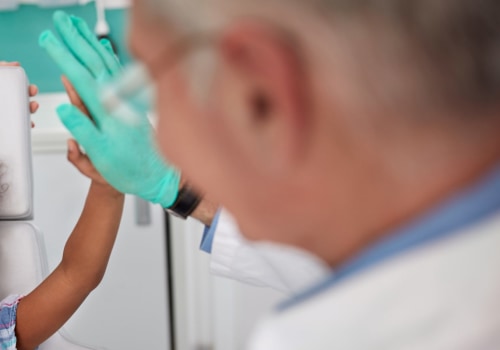Energy healers use a wide range of practices to channel healing energy into the patient's body, including healing touch, reiki, or polarity therapy. They can help with a variety of ailments, including anxiety, chronic pain, and side effects of cancer treatment. Holistic medicine programs, also called integrative or alternative medicine, incorporate whole-body and health approaches. A holistic health degree program provides students with diverse skills to engage in different areas of holistic health.
Holistic health professionals also emphasize mental health, focusing on it as much as the patient's physical health. The educational requirements for holistic professionals vary widely from position to position, but generally involve earning a post-secondary degree. Holistic health covers a wide network of professions, and each has its own distinctions when it comes to education, salary, and responsibilities. Those wishing to enter one of the many professional fields related to holistic medicine should carefully consider their options to choose the educational path that best suits their goals.
See the list below for more information on holistic health careers and their associated salaries. Although not yet a requirement, other professionals, including many holistic health professionals, are pushing for a doctoral degree in this area. The income of holistic professionals varies by specialty and levels of education and experience. Future holistic health professionals who want to focus on a specific form of treatment, such as Asian alternative medicine, may want to pursue a Bachelor of Health Science in Asian Holistic Care and Massage or a Master of Science in Traditional Oriental Medicine.
Here is a list of some major cities with their corresponding average holistic health professional salary according to the Bureau of Labor Statistics. You have many options if you are looking for holistic health programs, including holistic health certificates and degree programs from holistic health professionals at the bachelor's and master's levels. Holistic health practices refer to a hybrid approach that combines traditional scientific medicine with natural remedies to treat specific ailments and maintain the patient's overall health. You can find schools that offer holistic health programs on the American Holistic Health Association website.
Once you complete your training to become a holistic health professional, you'll most likely need to decide if self-employment is right for you. Courses may include aromatherapy, hypnotherapy, and holistic nutrition, in addition to standard medical courses, such as anatomy.



